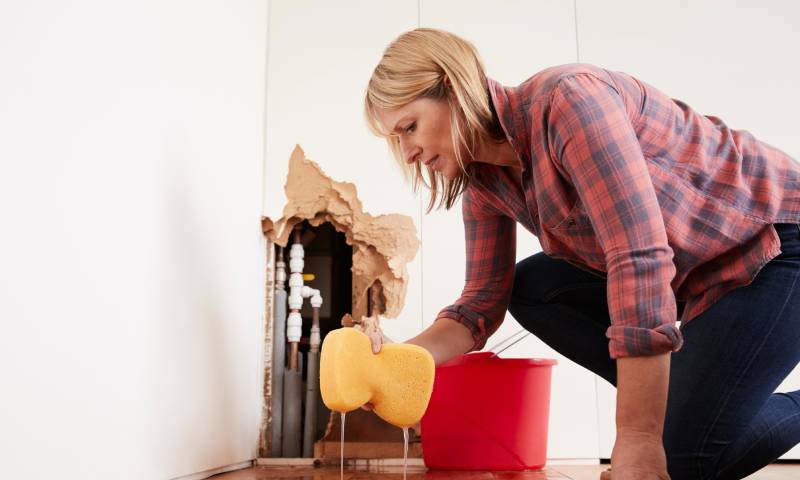4 Essential Tips for Preventing Plumbing Emergencies

We’ve all been there—standing in the kitchen, ankle-deep in water, asking, “Why is my sink doing this?” Plumbing emergencies are every homeowner’s nightmare, but they don’t have to be inevitable. You can avoid household disasters and keep your sanity intact by following these four essential tips for preventing plumbing emergencies.
Know What NOT To Flush
Toilets are not garbage disposals. Repeat that a few times. Only two things belong in your toilet—human waste and toilet paper. Items like wipes (even if they’re marked “flushable”), cotton balls, and paper towels can block your pipes faster than you can say “plumber’s bill.”
Pro Tip: Keep a small trash bin in your bathroom to set yourself up for flushing success by removing temptation.
Check for Leaks and Drips (Don’t Ignore Them!)
A dripping faucet may seem like a small issue, but those tiny drips can waste gallons of water per week and signal bigger problems. Similarly, water pooling under sinks or in cabinets can mean a leaky pipe is lurking nearby.
Inspect your plumbing regularly—under your sinks, around appliances, and even outside faucets. If you spot a leak, fix it right away. A quick check might just save you from a bigger mess (and repair) down the road.
Pay Attention to Your Leach Lines
Your leach lines are an important part of your plumbing health if you’re using a septic system. These underground lines safely disperse wastewater into the surrounding soil. However, over time, leach lines can clog or fail, and ignoring them can result in smelly issues.
Signs you may need to replace your leach lines include standing water in your yard or sluggish drainage indoors. Every few years, have a professional inspect your leach lines. Proactively replacing them can avoid a yard (and septic system) disaster!
Prevent Clogs Before They Happen
Want to avoid clogged drains? Start by keeping grease, coffee grounds, and large food scraps far away from your kitchen sink. Use a sink strainer to catch debris before it enters your pipes.
Clean hair from your shower drain regularly—it may be gross, but it’s necessary. Make sure gutters and downspouts stay clear to prevent unwanted drainage stress during heavy rains.
Stay Ahead of Plumbing Disasters
With these four essential tips for preventing plumbing emergencies, you can keep your home’s plumbing in tip-top shape. Think of it as preventative care—just like flossing, but a little less irritating. Don’t hesitate to call in a pro if you’re unsure about leach lines or dealing with chronic pipe issues. Trust us—future you will thank you!
Would you like to receive similar articles by email?





